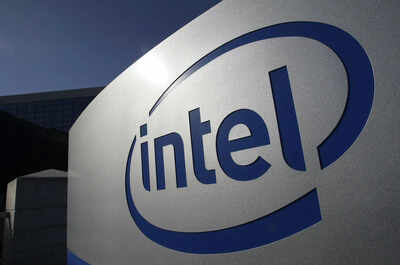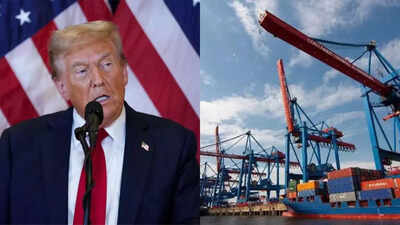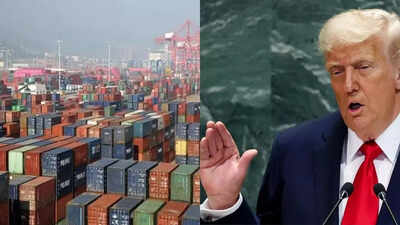Shares of Intel tumbled down on Thursday after US President Donald Trump called for the company’s chief executive to resign, citing alleged conflicts of interest involving ties to China.The INTC was trading at $19.77, down 0.6 points or 3.1% at 10:53 PM IST.“The CEO of Intel is highly CONFLICTED and must resign, immediately,” Trump wrote on his social media platform, Truth Social. “There is no other solution to this problem. Thank you for your attention to this problem!” he further added.Trump’s remarks came shortly after senator Tom Cotton sent a letter to Intel chairman Frank Yeary, raising concerns over CEO Lip-Bu Tan’s business connections. The letter questioned whether Tan had divested his interests in various semiconductor firms that reportedly have links to the Chinese Communist Party and China’s military.“In March 2025, Intel appointed Lip-Bu Tan as its new CEO,” Cotton wrote in the letter. “Mr Tan reportedly controls dozens of Chinese companies and has a stake in hundreds of Chinese advanced-manufacturing and chip firms. At least eight of these companies reportedly have ties to the Chinese People’s Liberation Army.”The senator specifically highlighted Tan’s recent leadership at Cadence Design Systems, a tech company that had earlier admitted to selling products to China’s National University of Defense Technology in violation of US export rules.“US companies who receive government grants should be responsible stewards of taxpayer dollars and adhere to strict security regulations,” Cotton posted on X.Intel is among the major beneficiaries of President Joe Biden’s CHIPS Act, having secured over $8 billion in federal funding to support the construction of chip plants across the United States.The company has yet to issue a response to either Trump’s post or Cotton’s letter.Following the controversy, Intel’s stock fell by 3%, even as broader markets, including the tech-heavy Nasdaq, moved higher.Founded in 1968 during the early days of the personal computing era, Intel has struggled in recent years. It failed to keep pace with the mobile revolution sparked by Apple’s iPhone in 2007 and has since fallen behind more agile competitors. The rise of artificial intelligence has only widened that gap, with Nvidia emerging as a dominant force in the chipmaking industry.Now under Tan’s leadership since March, Intel is undergoing major restructuring. The company is cutting thousands of jobs, slashing expenses, and even scaling back some domestic semiconductor manufacturing, all in an effort to turn around its declining fortunes.






